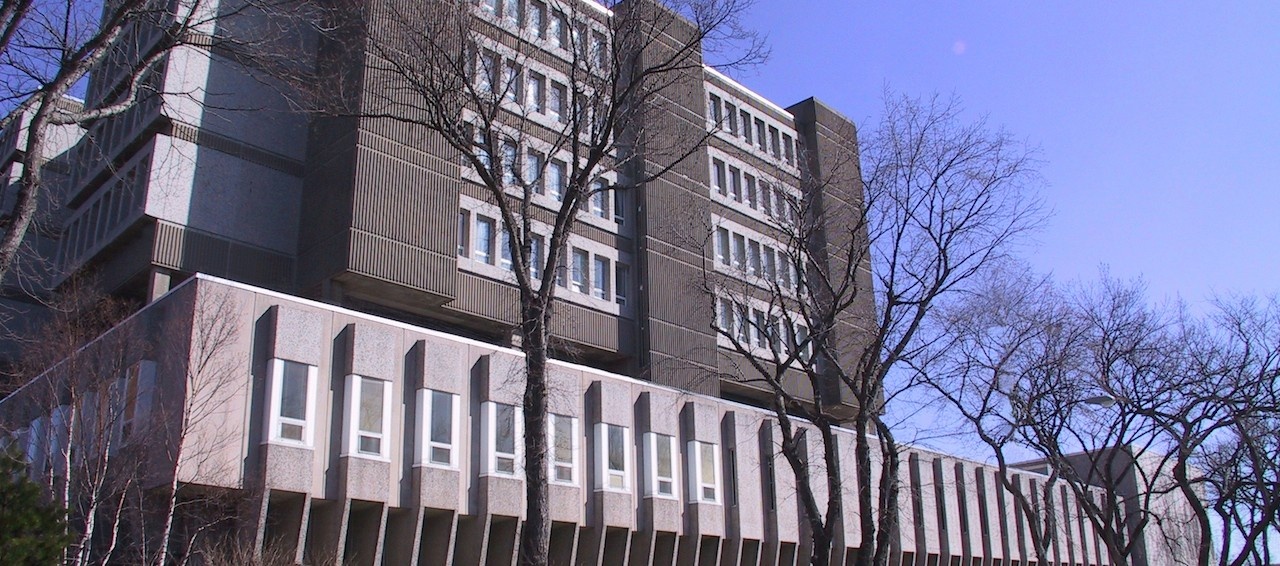Dr. Ronald Fraser
Presentation: Alcohol Use Disorder: The Forgotten Canadian Epidemic
Presentation: Pharmacology of Alcohol Use Disorder and Co-Occurring Conditions
Ronald Fraser, MD, CSPQ, FRCPC is head of the inpatient addiction psychiatry service of the MUHC Addiction Psychiatry Program. Dr. Fraser also serves director of the Personality Disorder Program at the McGill University Health Centre and heads the extended care clinic for the treatment of severe and persistent borderline personality disorder. He is a consultant for the Montreal Alouettes of the CFL and Montreal Canadiens of the NHL. Presently, he is an associate professor at the McGill Faculty of Medicine in the Department of Psychiatry and has an adjunct appointment at Dalhousie University. He has won a number of teaching awards at both the postgraduate and undergraduate level, including teacher of the year multiple times, and was named to the McGill Faculty of Medicine Honor List for Educational Excellence. He makes his home in rural Nova Scotia, with his lovely wife and beloved labradoodles.
Dr. J.J. Rasimas
Presentation: Beyond Benzodiazepines: A Practical Guide to Challenging Dogma in the Management of Alcohol Withdrawal Across Treatment Settings
J.J. Rasimas, Ph.D., M.D., F.A.A.C.T., F.A.C.L.P., F.A.C.M.T., F.A.C.Psych.
Dr. Rasimas has a Jesuit university background in biochemistry, mathematics, and philosophy. He completed the Medical Scientist Training Program, earning a Ph.D. in chemical biology (2002) and M.D. (2003) from Penn State University. After Psychiatry residency at the Mayo Clinic, he was a clinical fellow at the National Institutes of Health in Washington, DC where he did translational research and trained in medical ethics. He subsequently became certified in Psychosomatic Medicine, Addiction Medicine, and Medical Toxicology. J.J. was the Director of Consultation-Liaison Psychiatry and Co-Chair of the Biomedical Ethics Committee at Hennepin County Medical Center in Minneapolis, Minnesota before moving to Prince Edward Island in 2022. He served as the lead Psychiatrist for addictions and acute consultations at Queen Elizabeth Hospital until recently transitioning to Nova Scotia Health in an effort to build treatment programs for patients with complex mental illnesses and substance use. For PEI, J.J. remains the Medical Director of the Atlantic Mentorship Network for Chronic Pain, Addictions, and Mental Illness.
Scott Janssen
Presentation: I’m a Health Professional. I Know Stuff. Why Won’t They Listen To Me?
Scott Janssen is a Master level Clinical Social Worker, a member of the Motivational Interviewing Network of Trainers (MINT), and a Certified Executive Coach (ICF Member). He has been working in the field of problematic substance and process use for over 30 years, and has practiced in his home province of Alberta, the Yukon Territory, and for Nova Scotia Health (NSH) Addictions and Mental Health Program in Halifax. In 2007, Scott’s professional focus shifted from direct clinical services to Clinical Practice Educator providing staff training, coaching, and team development with an emphasis on Motivational Interviewing. Scott retired from NSH in 2023 and continues to provide Motivational Interviewing training and consultation in private practice. Scott resides in Dartmouth, NS with his wife Joanne.
Dr. Pamela Arenella
Presentation: Clinical Skills to Enhance Therapeutic Alliance
Pamela Arenella, MD, FRCPC is an adjunct professor of Psychiatry at both Dalhousie University and the University of New Mexico. She completed her medical education at the University of Pittsburgh’s School of Medicine and her residency training in General Psychiatry at the University of New Mexico (UNM), where she then began her academic career in Psychiatry. She is board certified in General Psychiatry and Addiction Medicine. She is also a member of the Motivational Interviewing Network of Trainers (MINT).
Her areas of expertise include addiction psychiatry, educational administration, and professional wellbeing. At the University of New Mexico, she was the medical director of the concurrent mental health and addictions clinic, participated in clinical research in addictions, served as the Vice Chair for Education, the Program Director for General Psychiatry, and the Director of Undergraduate Medical Education’s Wellness Initiatives in the Office of Professional Wellbeing. She has been core faculty for UNM’s Taos Writing and Wellness Retreat for Health Care professionals from 2019 - Present.
Since relocating to Nova Scotia in 2020, she has worked for Nova Scotia Health Authority in a variety of positions. She has served as the Clinical Academic Lead for Addiction Psychiatry, ran a concurrent mental health and addiction consultation service, and serves as the co-lead of the concurrent disorders’ section of the Atlantic Node of the Canadian Research Initiative in Substance Misuse.
